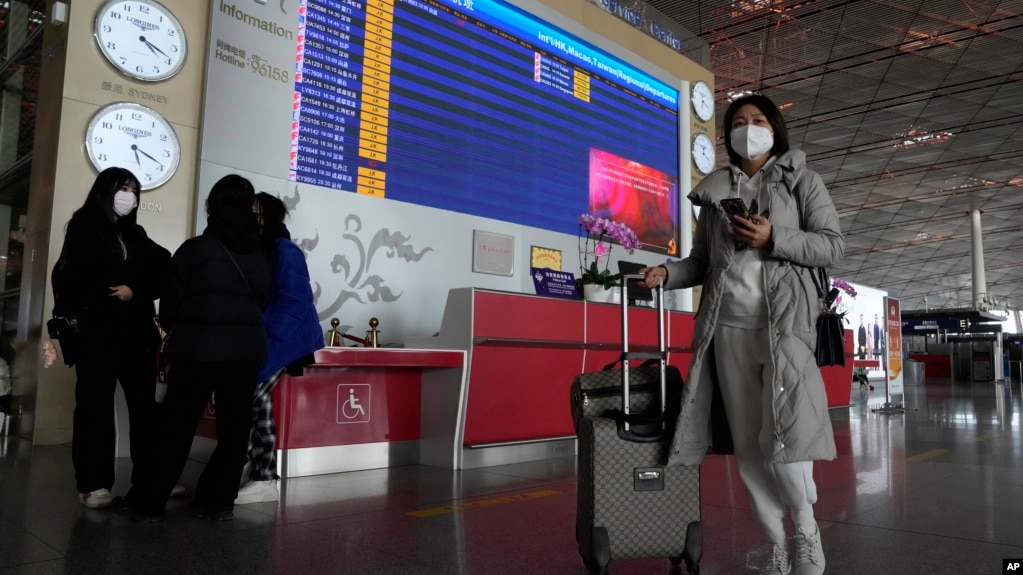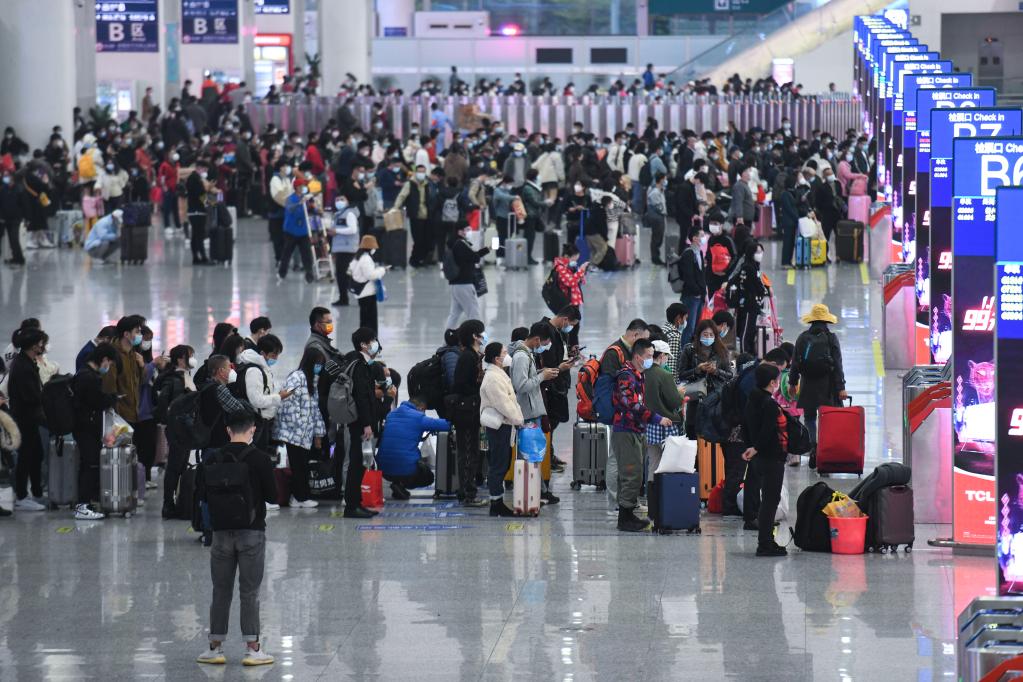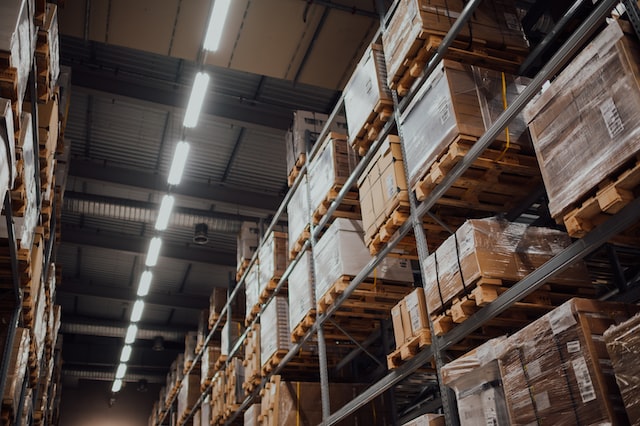In December 2022, China announced the repeal of some of the most stringent regulations designed to curb Covid-19. People with mild or asymptomatic Covid-19 can be quarantined at home, and testing of “cross-regional migrants” will no longer be required.
You’re more or less aware of this news. And this will affect your e-commerce, both good and bad, especially if you import products from China.

Previously, China has been pushing for “zero Covid” which helps limit cases but imposes tough controls on the lives of hundreds of millions of people. Almost every merchant has experienced delays and even cancellations of orders due to the outbreak.
In the long run, supply chain woes are improving and domestic and international deliveries will be faster and cheaper.
And now that the Chinese government has announced a major shift to living with the virus, it’s a huge boost for importers and exporters. The lifting of the COVID zero restriction in China means that Chinese factories and suppliers will no longer be shut down due to the restrictive policy and supply chain issues are improving.
The removal of transportation restrictions has allowed China to begin restoring more freight capacity, which provides cheaper and faster shipping for Chinese e-commerce companies like Shein and Alibaba, as well as U.S. logistics companies. For a wholesaler or retailer sourcing goods from China, your packages will be faster and cheaper to be shipped from China to other countries.
China’s reopening has been more positive for economic growth. At least nine provinces, including Guangdong, Zhejiang and Jiangsu, are sending hundreds of export-oriented companies to international exhibitions and receiving government subsidies to “grab orders” after zero COVID restrictions were eased.

In the short term, factory labor is short and shipments will be delayed.
But the transition to co-existing with the virus may take time. Despite the easing of restrictions, a possible surge in cases means that pandemics will continue to spread in China. In the short term, there may be more negative impacts on your e-commerce business.
A weak healthcare system and low vaccination rates make it unprepared to deal with an epidemic. The sudden opening makes it likely that the number of infections will continue to rise significantly in the coming months. This could trigger a temporary labor shortage.
- The new omicron variant is weaker than previous variants of the virus, but is more likely to spread. As the first wave of infections peaks, factories around the world are experiencing much lower order delivery rates due to worker infections.
- In addition, with the Chinese New Year approaching, many workers who have been restricted from traveling will choose to return home early to reunite with their families. This will further cause most factories to lose manpower at the end of the year.

At the same time, logistics industry personnel are increasingly infected with tight capacity and order backlogs. More and more items will not be shipped before the end of the year.
How does your e-commerce store deal with this?
Stock up ahead of time. Leaving aside the outlook for long-term benefits, there are already sellers facing a crisis of stranded goods and delayed shipments amid the current increase in the number of infections. Add to that the possibility of widespread infections around Chinese New Year, with some factories even likely to extend their holidays to allow more time to cope with the impact of COVID on workers. It’s hard to predict when exactly factories will be able to resume work normally after the Chinese New Year. That’s why it’s necessary to purchase goods for your store in advance.

Use international warehouses to store products. Some Chinese companies have international warehouses in the U.S., Mexico, Europe and other regions. For example, Nihaojewelry has local warehouses in Mexico to store some of their best-selling items. In order to prevent any possible hold-ups that you may encounter when shipping from a Chinese warehouse, it is wise to purchase items from a local warehouse.
Look for temporary alternative suppliers. Non-Chinese suppliers are much less affected by the rule and the Chinese New Year. To reduce your store’s exposure to losses during this period, you can look for non-Chinese alternative suppliers in advance of the transition.
Regardless, China’s relaxation of the Covid rule has made it possible for some factories to deliver less efficiently for a short period of time due to staff infections at the moment. This will affect retailers’ stocking plans in the short term. For those overseas sellers who use China as their primary sourcing base and source, both online and offline, they will be hit. But when the Chinese supply chain gradually enters a new cycle of stable and benign development, the advantages of the supply chain will continue to emerge.





